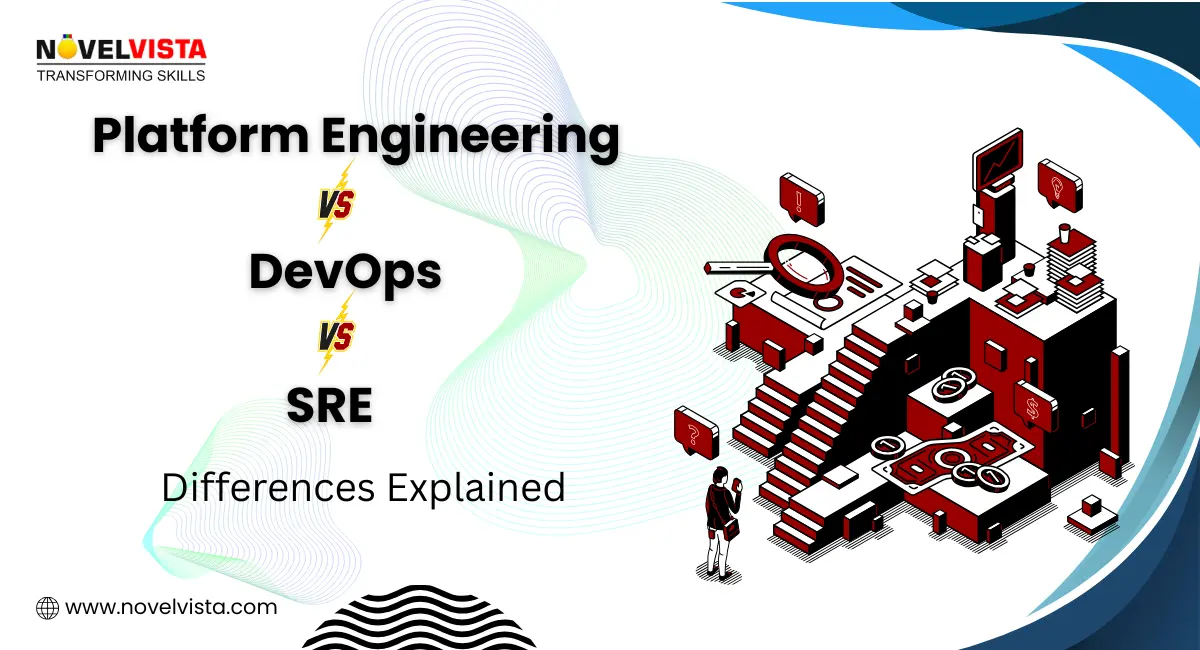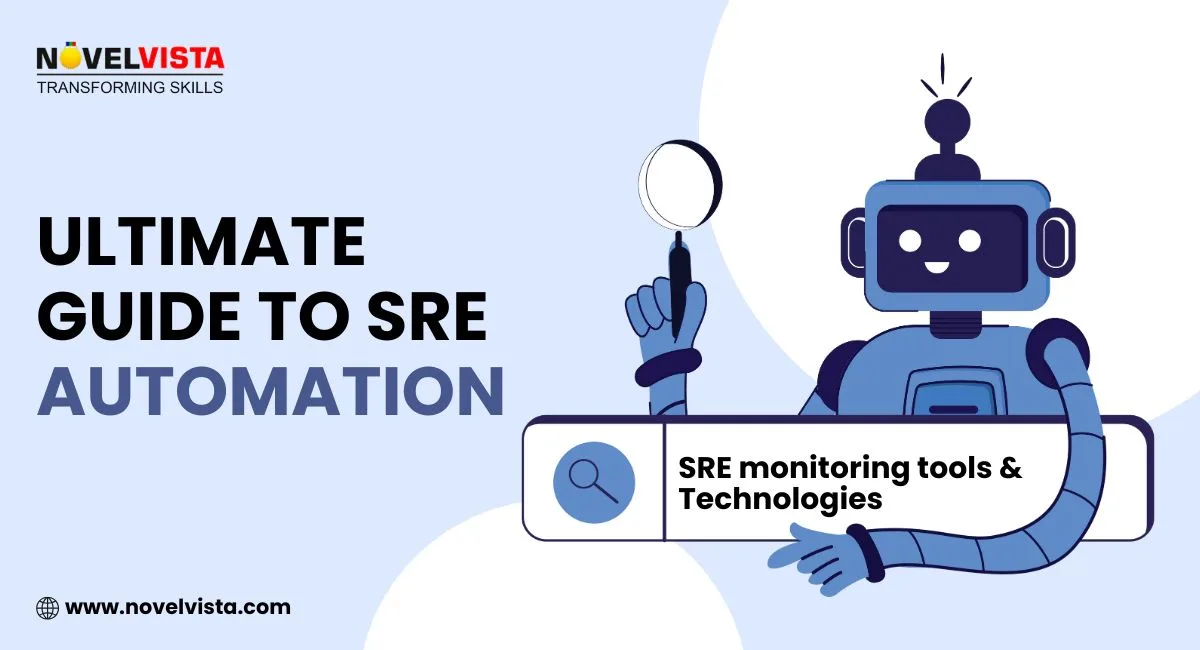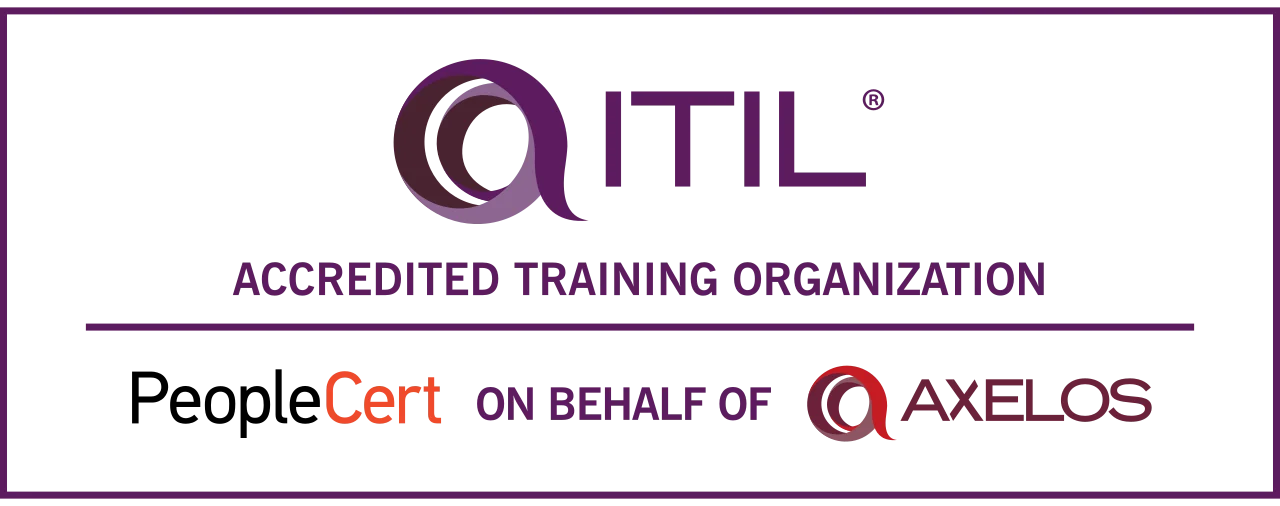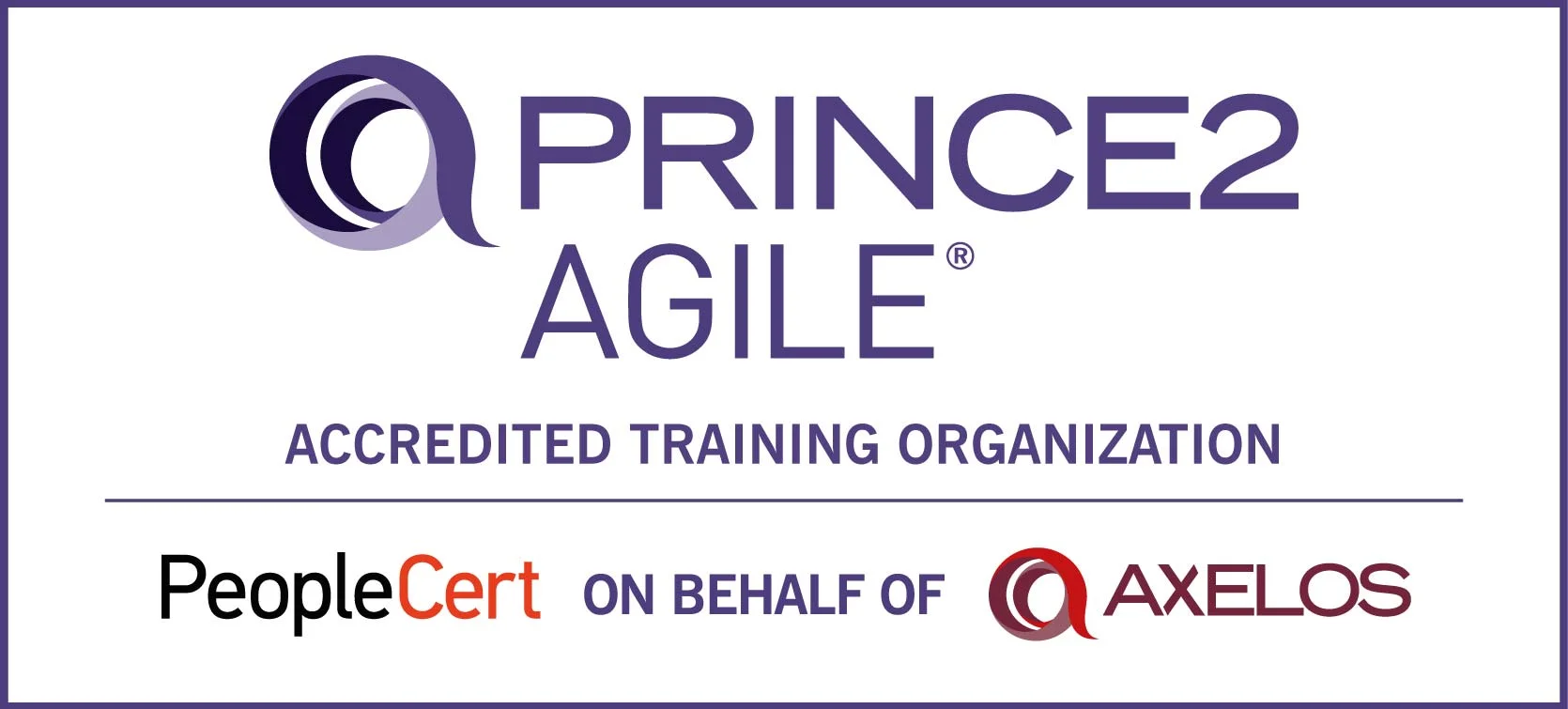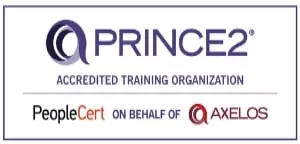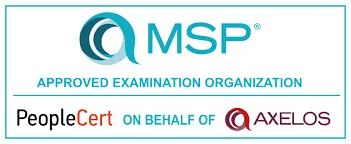- What is Platform Engineering?
- What is DevOps?
- What is Site Reliability Engineering (SRE)?
- Platform Engineering vs DevOps vs SRE: Key Differences Explained
- Tools for Each Approach
- How Platform Engineering, DevOps, and SRE Work Together
- Benefits of Each Approach
- Challenges in Adopting Each
- Conclusion
- Next Step
What is Platform Engineering?
Definition and Core Focus
Platform engineering is all about building the foundation that developers rely on. Think of it as creating a self-service internal platform where teams can deploy code, manage infrastructure, and access tools without friction. The main idea is to empower developers by providing standardized, automated workflows, so they can focus on writing code instead of managing environments.
Goals of Platform Engineering
- Empower development teams: Developers can ship features faster with fewer manual steps.
- Streamline workflows: Automation reduces errors and complexity.
- Enhance scalability and efficiency: Platforms can handle growing workloads seamlessly.
Key Practices
- Internal Developer Platforms (IDPs): Centralized, automated environments for teams.
- Self-service infrastructure management: Developers can provision resources without waiting for ops.
- Automated workflows for application delivery: Continuous deployment pipelines built into the platform.
Platform engineering is often the backbone that makes DevOps at scale possible, giving organizations the tools they need to accelerate software delivery.
What is DevOps?
Definition and Core Focus
DevOps is more of a culture and methodology than a specific toolset. It breaks down the silos between development and operations teams, fostering collaboration throughout the software lifecycle. DevOps focuses on creating an environment where code moves to production faster and more safely.
Goals of DevOps
- Increase release velocity: Frequent, reliable updates.
- Improve software quality: Automation reduces mistakes.
- Shared responsibility: Everyone cares about both development and operational stability.
Key Practices
- CI/CD pipelines: Continuous integration and deployment for faster releases.
- Infrastructure as Code (IaC): Manage infrastructure using code for consistency.
- Monitoring and observability: Ensure applications and systems are running as expected.
When comparing DevOps vs Platform Engineering vs SRE, DevOps sets the stage. It’s the cultural glue that ensures teams work together effectively.
What is Site Reliability Engineering (SRE)?
Definition and Core Focus
SRE applies software engineering principles to operations. Its focus is reliability: uptime, performance, and resilience. SRE takes operational tasks, automates them, and ensures systems remain stable even under high demand.
Goals of SRE
- Maintain system availability: Ensure users can access services anytime.
- Improve resilience: Reduce downtime and recover quickly from incidents.
- Scale systems efficiently: Handle growing traffic without failures.
Key Practices
- Service Level Objectives (SLOs) and error budgets: Quantify acceptable risk and reliability.
- Incident management and automation: Reduce repetitive tasks and resolve issues faster.
- Blameless post-mortems: Learn from failures without pointing fingers.
When thinking about Platform Engineering vs SRE vs DevOps, SRE is the operational safety net. While DevOps accelerates delivery and Platform Engineering empowers developers, SRE guarantees that systems stay reliable.
Platform Engineering vs DevOps vs SRE: Key Differences Explained
Understanding the distinctions can be tricky, but here’s a simple breakdown:
Focus Areas
- Platform Engineering: Tooling, self-service platforms, automation.
- DevOps: Collaboration, culture, faster delivery.
- SRE: Reliability, uptime, operational stability.
Hierarchy and Relationships
- DevOps is the overarching philosophy.
- SRE fits inside DevOps as the reliability-focused operational pattern.
- Platform Engineering builds the tools that make DevOps practices scalable.
Comparison Table
Aspect |
Platform Engineering |
DevOps |
SRE |
Focus |
Internal platforms, self-service tools |
Collaboration and automation |
Reliability and uptime |
Goals |
Developer empowerment, efficiency, scalability |
Faster releases, better quality |
High availability, performance |
Practice |
IDPs, automated workflows |
CI/CD, laC, Montoring |
SLOs, error budgets, and incident response |
Nature |
Tooling/enablement layer |
Culture + methodological |
When it comes to SRE vs DevOps vs Platform Engineering, you can see the roles complement each other rather than compete. One ensures speed, one ensures reliability, and one provides the infrastructure to make both happen.
Tools for Each Approach
Different approaches rely on different toolsets to do their magic. Picking the right tools ensures teams can deliver, scale, and maintain systems effectively.
Platform Engineering Tools
- Backstage: Helps build and manage internal developer portals.
- Kubernetes: Orchestrates containerized applications.
- Terraform & Crossplane: Automates infrastructure provisioning.
These tools let platform teams create self-service environments so developers don’t get blocked waiting for resources.
DevOps Tools
- Jenkins & GitLab CI: Continuous integration and deployment pipelines.
- Ansible: Automates configuration management and deployments.
- Docker: Standardizes environments across machines.
- Prometheus: Provides observability with metrics and alerts.
DevOps relies on these tools to streamline the lifecycle, ensuring code goes from development to production safely and quickly.
SRE Tools
- PagerDuty: Incident management and alerting.
- Grafana: Visualizes metrics and monitors performance.
- Sentry: Tracks errors in applications in real-time.
- Chaos Engineering tools: Test system resilience under failure scenarios.
These tools aren’t picked by chance; they’re the same ones trusted by leading companies worldwide. For example, Spotify uses Backstage for its developer portal, Kubernetes is the go-to choice for managing workloads at scale, and many SRE teams depend on Grafana, Prometheus, and Chaos Engineering to test system resilience before issues affect users.
Download: Platform Engineering vs DevOps vs SRE Guide
Quickly compare roles, skills, and career growth paths, so you can choose the right one for your future.
How Platform Engineering, DevOps, and SRE Work Together
These three approaches are not competitors — they complement each other.
- DevOps sets the cultural and methodological foundation. Teams collaborate and automate delivery.
- SRE ensures systems remain reliable, stable, and scalable.
- Platform Engineering builds shared platforms that make DevOps scalable while reducing cognitive load for developers.
Example: A growing startup starts with a DevOps culture, adding CI/CD pipelines for faster releases. As the system grows, they hire SREs to monitor uptime and automate incident response. Once multiple teams scale, platform engineers build self-service internal platforms to streamline workflows, reducing friction and boosting developer productivity.
In essence, DevOps vs Platform engineering vs SRE is about collaboration, reliability, and enablement, all in one ecosystem.
Benefits of Each Approach
Platform Engineering
- Improved developer productivity by reducing friction.
- Lower cognitive load, fewer manual steps.
- Scalable infrastructure that supports multiple teams.
DevOps
- Faster releases and continuous delivery.
- Higher software quality due to automation.
- Cultural alignment, encouraging shared responsibility.
SRE
- High system reliability and uptime.
- Reduced downtime and faster incident resolution.
- Resilience at scale, ensuring users have consistent experiences.
For Platform Engineering vs DevOps vs SRE, the combination is powerful: speed from DevOps, reliability from SRE, and empowerment from Platform Engineering.
Challenges in Adopting Each
Platform Engineering
- High upfront investment to build platforms.
- Requires skilled teams familiar with infrastructure automation.
DevOps
- Cultural resistance: breaking silos is often tough.
- Needs continuous training to maintain momentum.
SRE
- Balancing innovation vs reliability is tricky.
- Hiring experienced SREs can be challenging due to high demand.
Knowing these challenges helps teams plan better and implement solutions successfully.
Conclusion
Platform Engineering vs DevOps vs SRE are not alternatives; they’re complementary. DevOps accelerates delivery, SRE guarantees reliability, and Platform Engineering empowers developers with the tools they need to scale efficiently. Organizations that adopt all three practices are better positioned to deliver faster, maintain uptime, and scale seamlessly.
Next Step
Don’t just keep your IT systems running, master them. Enroll in NovelVista’s SRE Certification and gain practical expertise in system reliability, incident management, automation, and cloud operations. Transform into the IT professional every modern organization is looking for, stay ahead of industry trends, and become a driving force in the evolving world of IT. Secure your spot today and future-proof your career!
Frequently Asked Questions
Author Details

Akshad Modi
AI Architect
An AI Architect plays a crucial role in designing scalable AI solutions, integrating machine learning and advanced technologies to solve business challenges and drive innovation in digital transformation strategies.
Course Related To This blog
SRE Foundation
Confused About Certification?
Get Free Consultation Call

